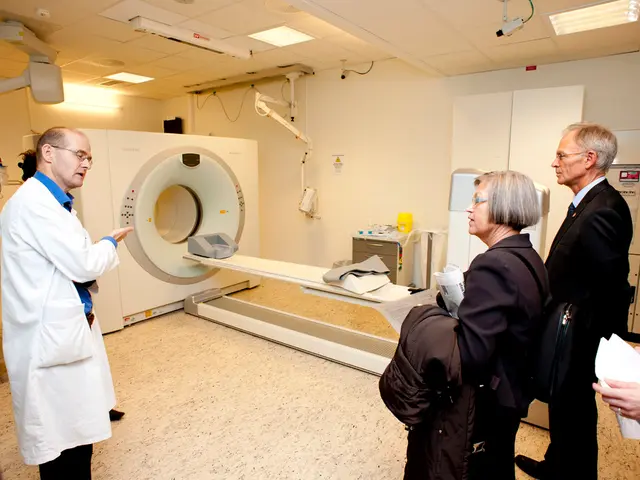Securing our food resources through targeted microbial fermentation processes
In the face of a global food security crisis, driven by economic turmoil from the COVID-19 pandemic, climate change, and food price shocks resulting from the war in Ukraine, a promising solution is emerging: precision fermentation. This innovative technology is revolutionising the food industry, offering sustainable, scalable, and high-quality protein production.
Precision fermentation enables the production of animal-identical proteins, such as dairy proteins (casein, whey), egg proteins (ovalbumin), lipids, specialty enzymes, and flavor compounds, without the need for animals or traditional crops. These molecules are produced in controlled, scalable environments, reducing reliance on conventional agriculture and lowering environmental impact significantly.
The food industry is embracing this technology, with companies like Perfect Day, Formo, Remilk, The EVERY Company, and Imagindairy moving beyond proof-of-concept to commercial production. Major multinational corporations such as Nestlé, Mars, and Danone have shown confidence in its scalability and mainstream application.
The global precision fermentation market is projected to reach over $54 billion by 2032, growing at a compound annual growth rate (CAGR) of 43.5%. Europe currently leads the market, with nearly 50% share. Precision fermentation products use 74-99% less water, 77-91% less land, and emit 37-87% fewer greenhouse gases compared to conventional protein production, highlighting its considerable sustainability advantages.
However, the sector faces significant challenges. Scaling up production cost-effectively requires large capital investments, estimated at approximately $500 billion by 2040. Regulatory frameworks worldwide are currently fragmented and slow, causing delays and market entry barriers. Cost reduction through optimized operations and modular scalable plant designs is underway but still needed to reach parity with conventional protein prices.
Despite these challenges, the future of precision fermentation looks promising. The raw materials needed to fuel precision fermentation range from sugars from waste biomass to greenhouse gases in the air, which could allow us to transition to a circular, low-waste bioeconomy. Companies like Deep Branch, Air Protein, and LanzaTech are racing to harness microbes to turn waste gases like carbon dioxide into food for human consumption.
Investments in fermentation players in the global alternative protein space tripled from almost $600 million in 2020 to over $1.7 billion in 2021, indicating growing interest in this transformative technology. The adoption of electric vehicles could create demand for efficient battery storage, whose benefits could ripple out to other industries, including precision fermentation.
In conclusion, precision fermentation stands as a transformative technology offering sustainable, scalable, and high-quality protein production crucial to future food security amid climate and population pressures. Its commercial adoption is growing fast, backed by major industry players and strong market growth forecasts. Yet, substantial investment, regulatory harmonization, and technological scaling remain essential for realizing its full potential as a mainstream solution in global protein supply.
- Startups specializing in precision fermentation are moving beyond proof-of-concept, aiming for commercial production in the health-and-wellness sector.
- The biotech industry is developing animal-identical proteins through precision fermentation, like dairy proteins, egg proteins, lipids, enzymes, and flavor compounds.
- The food industry, including giants like Nestlé, Mars, and Danone, is investing in precision fermentation technology for its scalability and mainstream application.
- The education-and-self-development sector is highlighting the environmental benefits of precision fermentation, which uses 74-99% less water, 77-91% less land, and emits 37-87% fewer greenhouse gases.
- Companies in the precision fermentation market are focused on optimizing operations and developing modular scalable plant designs to reduce costs and reach parity with conventional protein prices.
- The finance industry is interested in the growth potential of the precision fermentation market, which is projected to reach over $54 billion by 2032.
- In the fitness-and-exercise field, investments in fermentation players in the alternative protein space tripled in 2021, signaling growing interest in this transformative technology.
- Technology firms are working on harnessing microbes to turn waste gases into food for human consumption, bridging the gap between environmental science, food-and-drink, and lifestyle sectors.

![[Business Innovation] Upheaval of Corruption in the Marketplace](/en/content/images/size/w640/format/webp/20250918141303_disruptive-innovation-in-fighting.jpeg)


